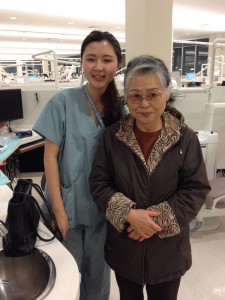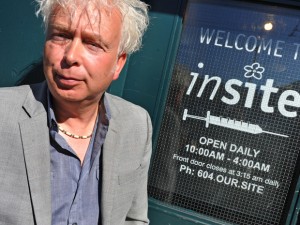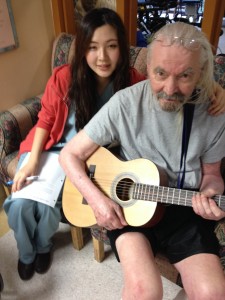One of the most frequently emphasized topics in my studies at UBC Dental Hygiene program was cultural sensitivity. Cultural sensitivity was a huge issue in healthcare professions, especially in areas like Vancouver where multiculturalism was evident and various naturopathic/cultural remedies were prevalent. In addition, UBC dental clinic served for populations from diverse cultural backgrounds. Most of these populations are recent immigrants and low-socioeconomic populations with low English literacy. The issue of prevalent low English literacy prevalent among my clients, I often had challenges of obtaining informed consent, especially the one in which the clients had to provide their understandings of dental hygiene diagnosis and treatment plans. Such difficulties happening during informed consent procedure, which is a crucial element of care for both
legal and ethical reasons, intrigued me to perform a pilot study at UBC dental clinic regarding the efficacy of translated consent forms to increase the understanding of informed consent in cohorts with low English literacy. The study were conducted among 50 clients from Chinese, Japanese, Korean and Punjabi backgrounds using translated survey forms and informed consent. The cohorts were asked to read the original English informed consent for care and to fill out a survey from that asked what were their current English literacy (low, medium, high) and whether they understood the original consent form (10-20%; 20-40%; 40-60%; 60-80%; and 80-100%). Later, they were asked to read the translated versions of the original consent forms and asked fill out another survey form that asked whether their understanding of the information written on the informed consent has increased (10-20%; 20-40%; 40-60%; 60-80%; and 80-100%); whether they found the translated versions were helpful; and whether UBC Dental clinic should have the translated version in conjunction with the original informed consent. The result showed that the understanding had significantly increased the understanding of the information written on the informed consent by more than 70% and about 85% of the cohort responded that UBC Dental clinic should implement translated versions of the informed consent for ethical and cultural-sensitive reasons. The pilot study showed significantly positive results in the cohort and highlighted the potential use for translated informed consent form in addition to the regular English informed consent in dental practices serving for similar cohorts. This experience helped me to be a better healthcare professional by understand the importance of language and cultural-sensitivity in obtaining informed consent. With this knowledge, I currently use translating programs to increase my clients’ knowledge about informed consent processes, to build better rapport, and to provide more culturally sensitive care.



